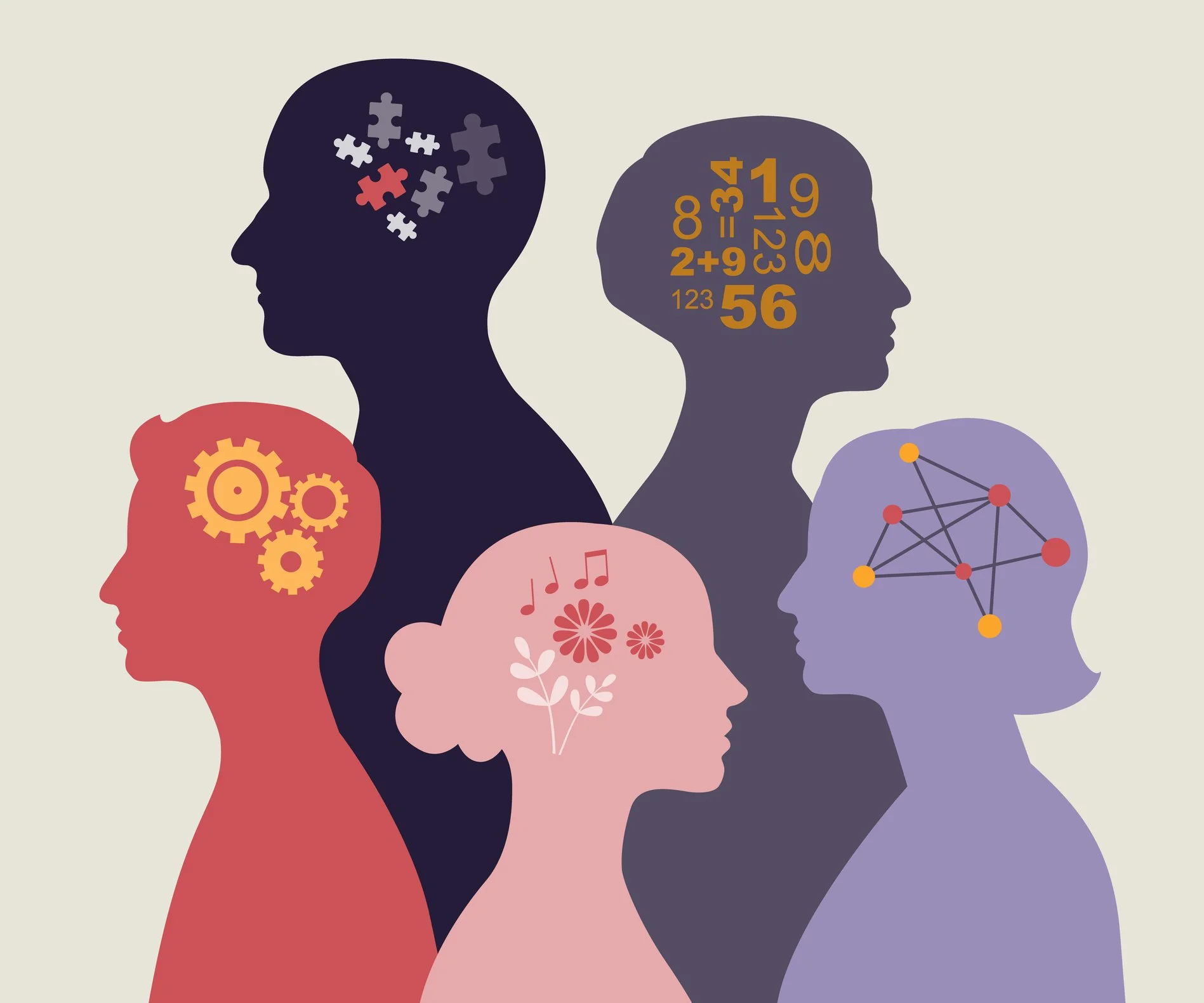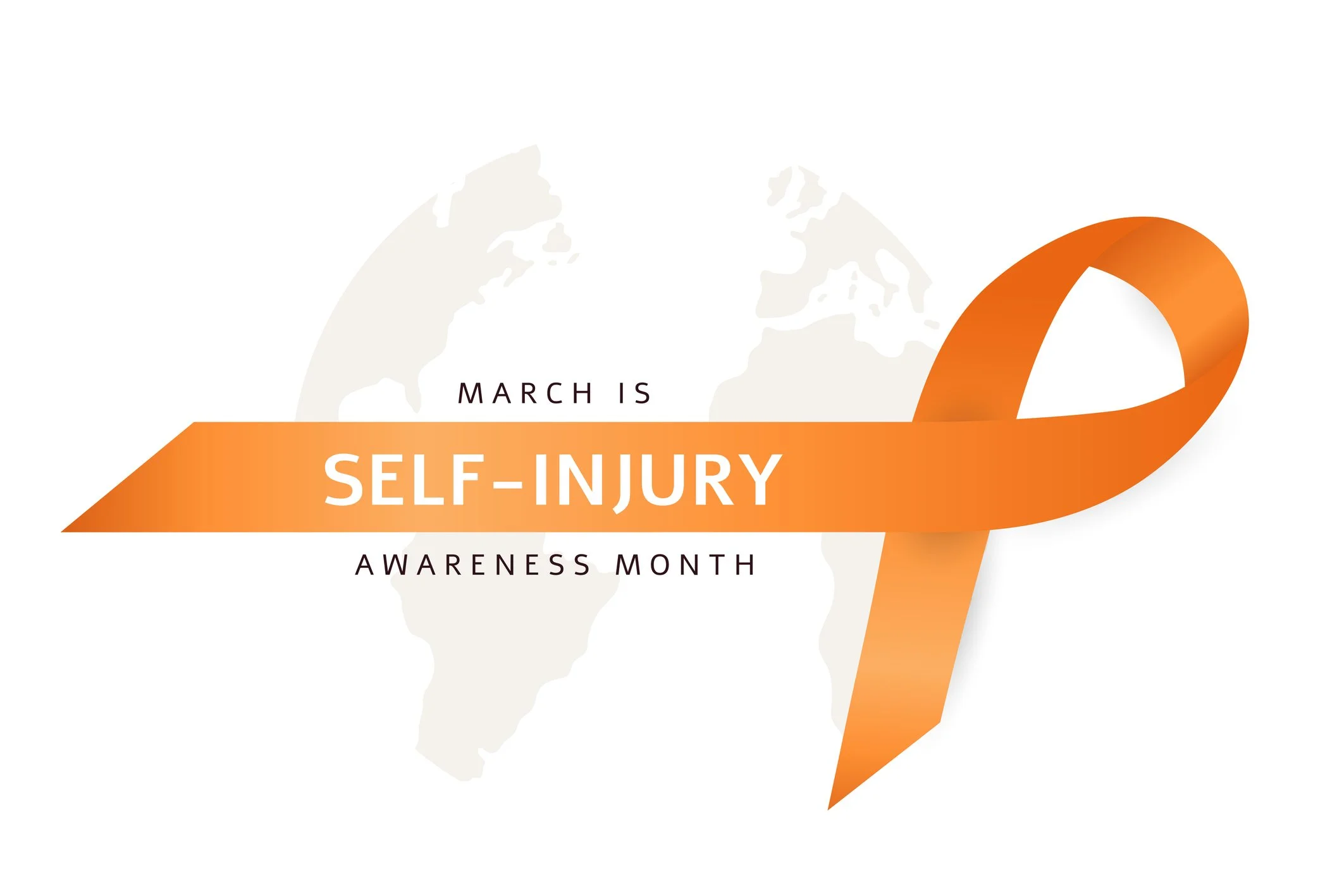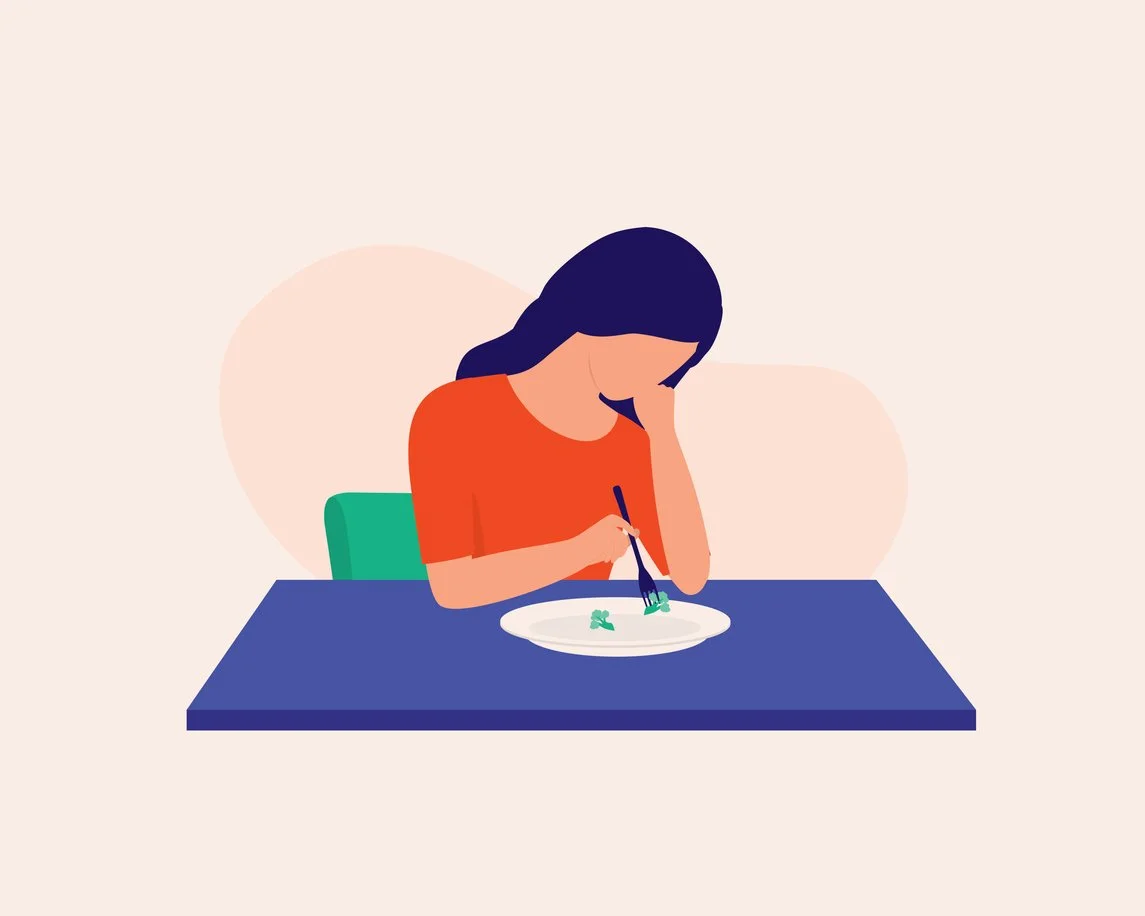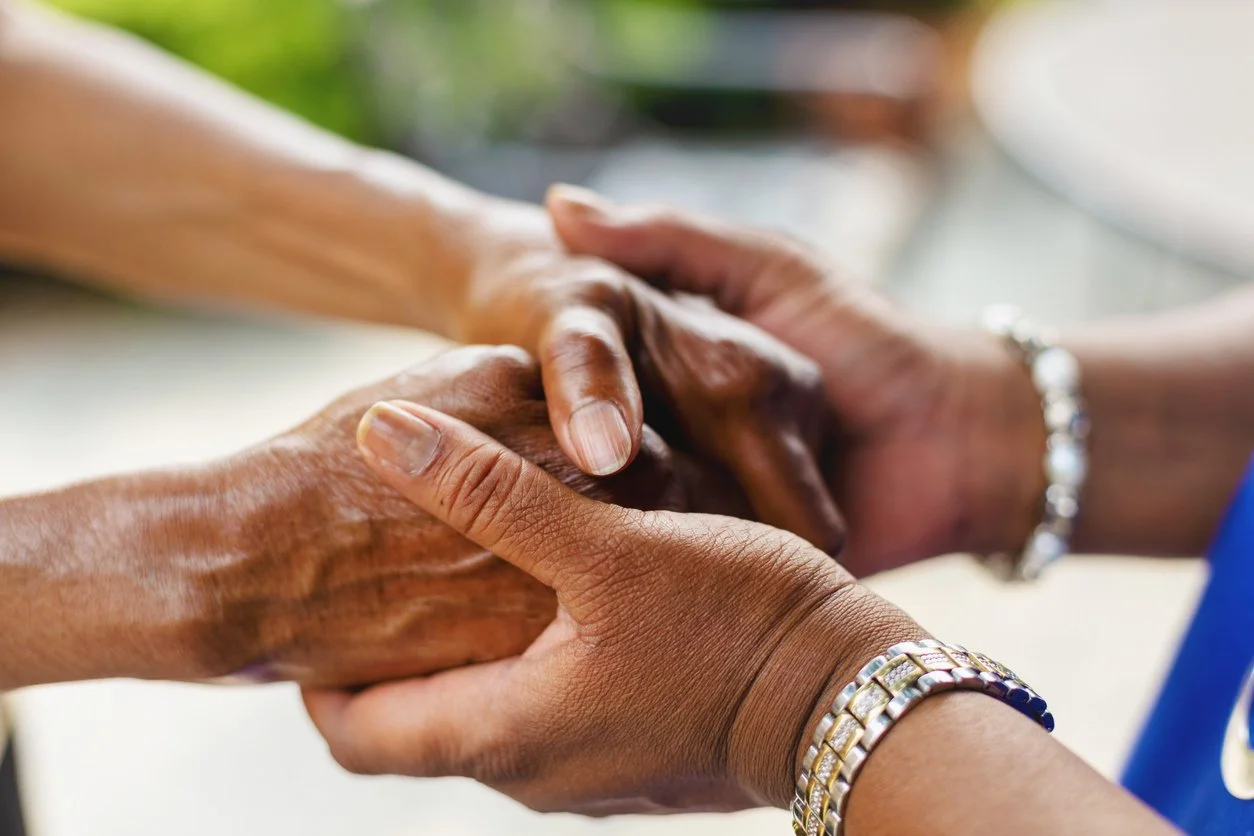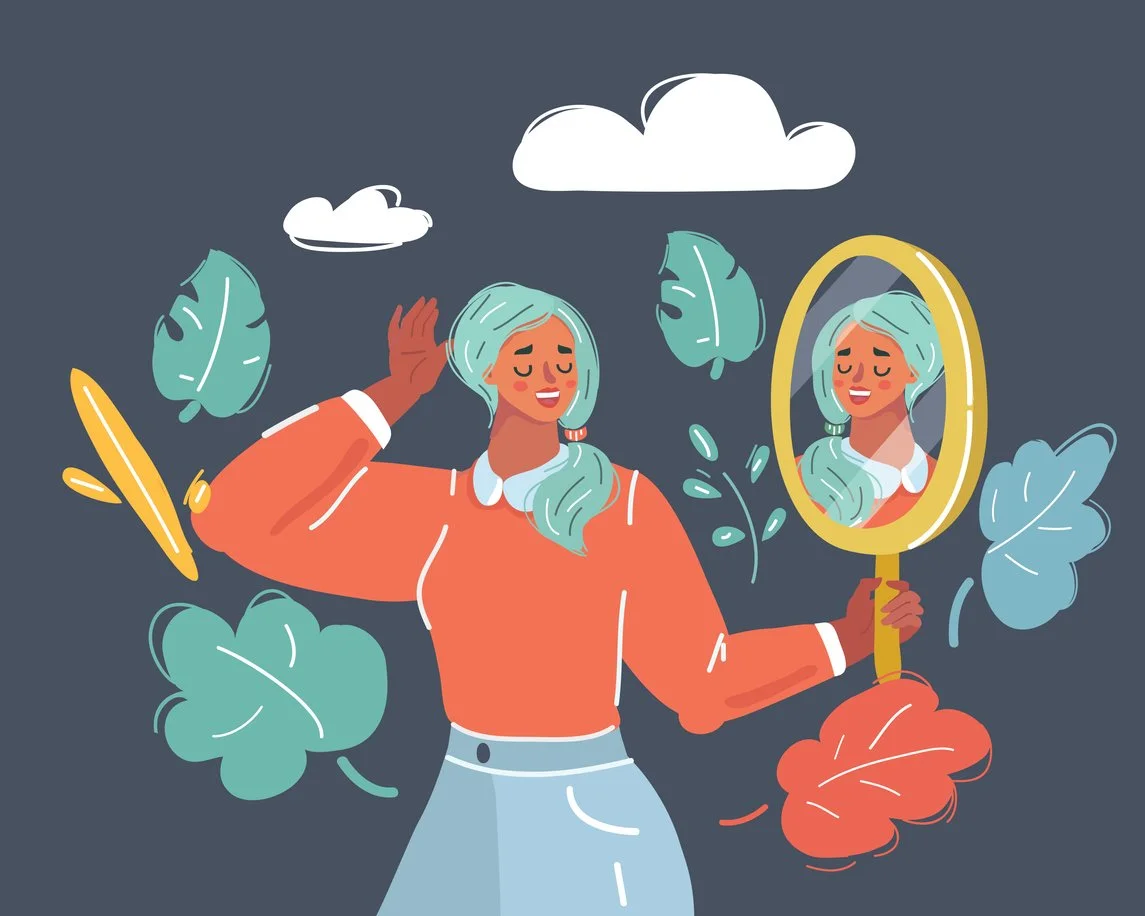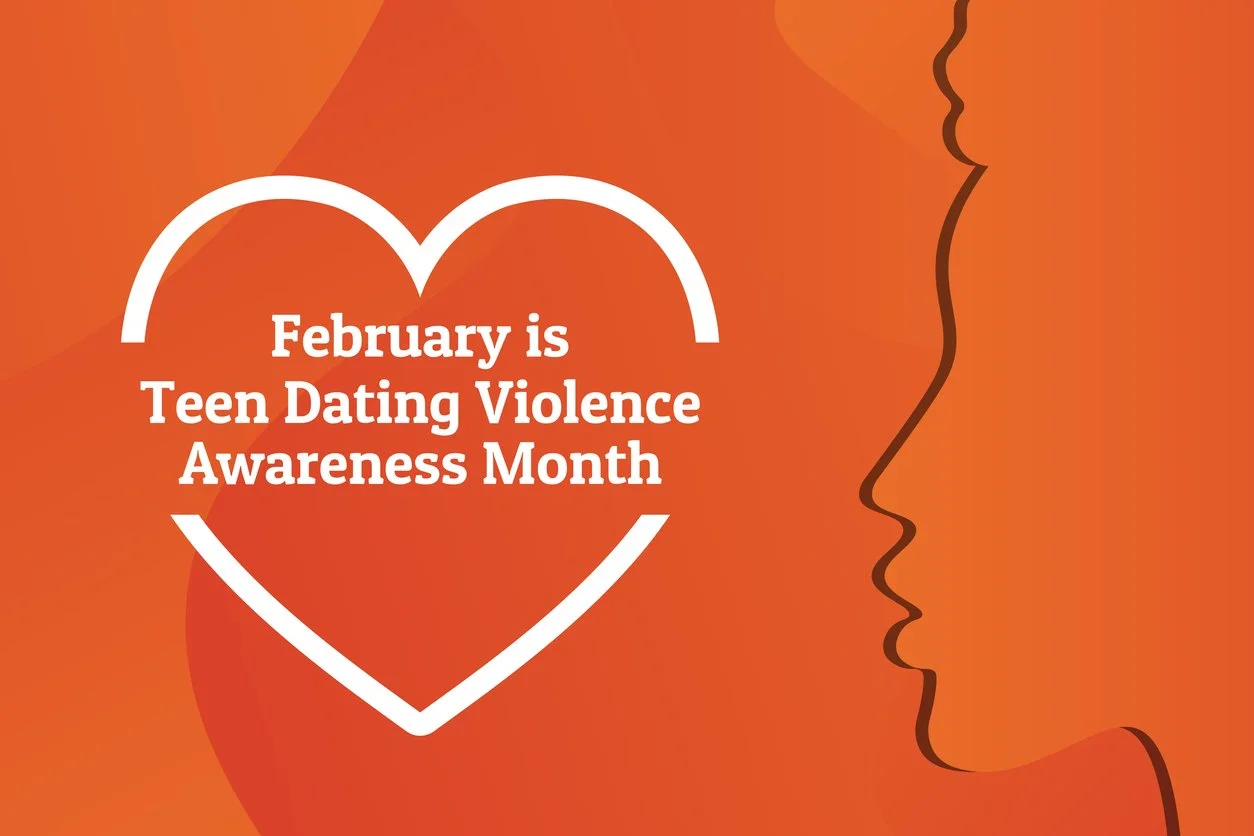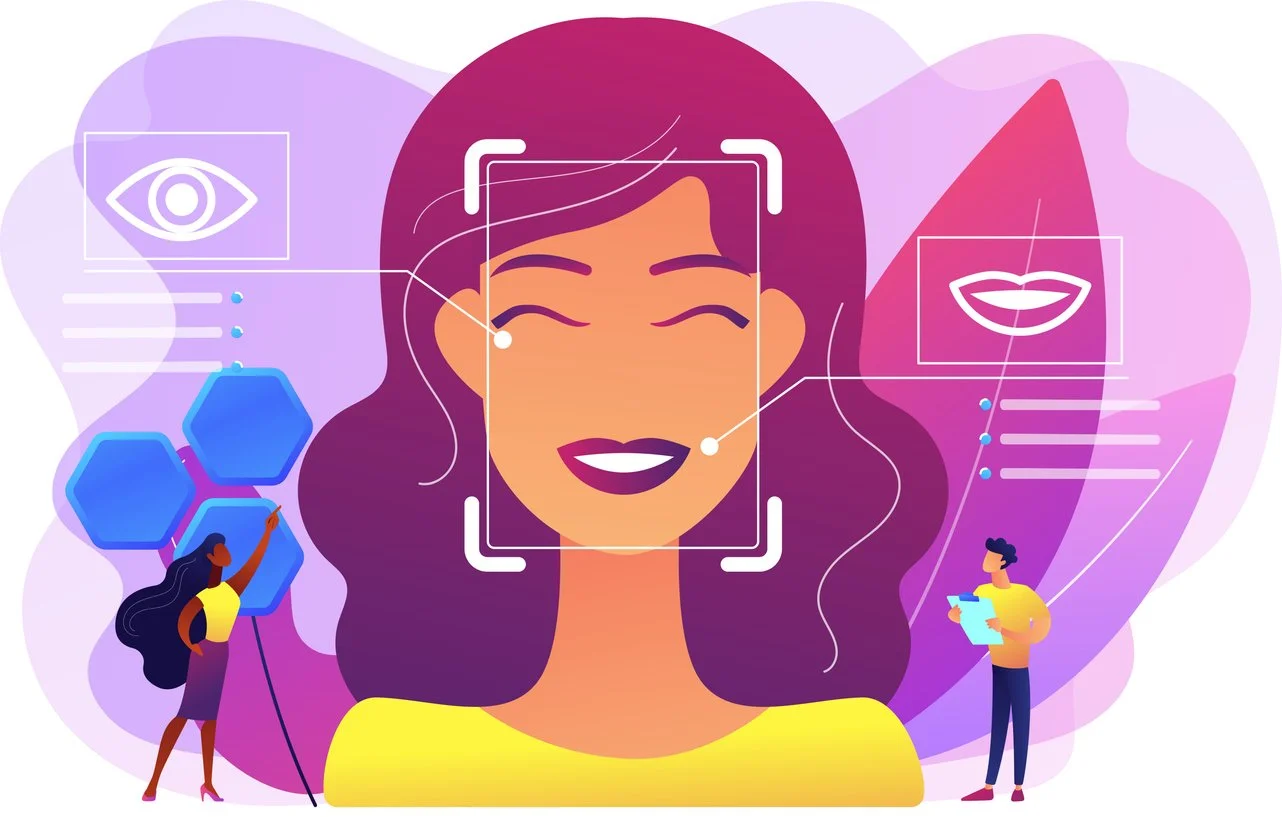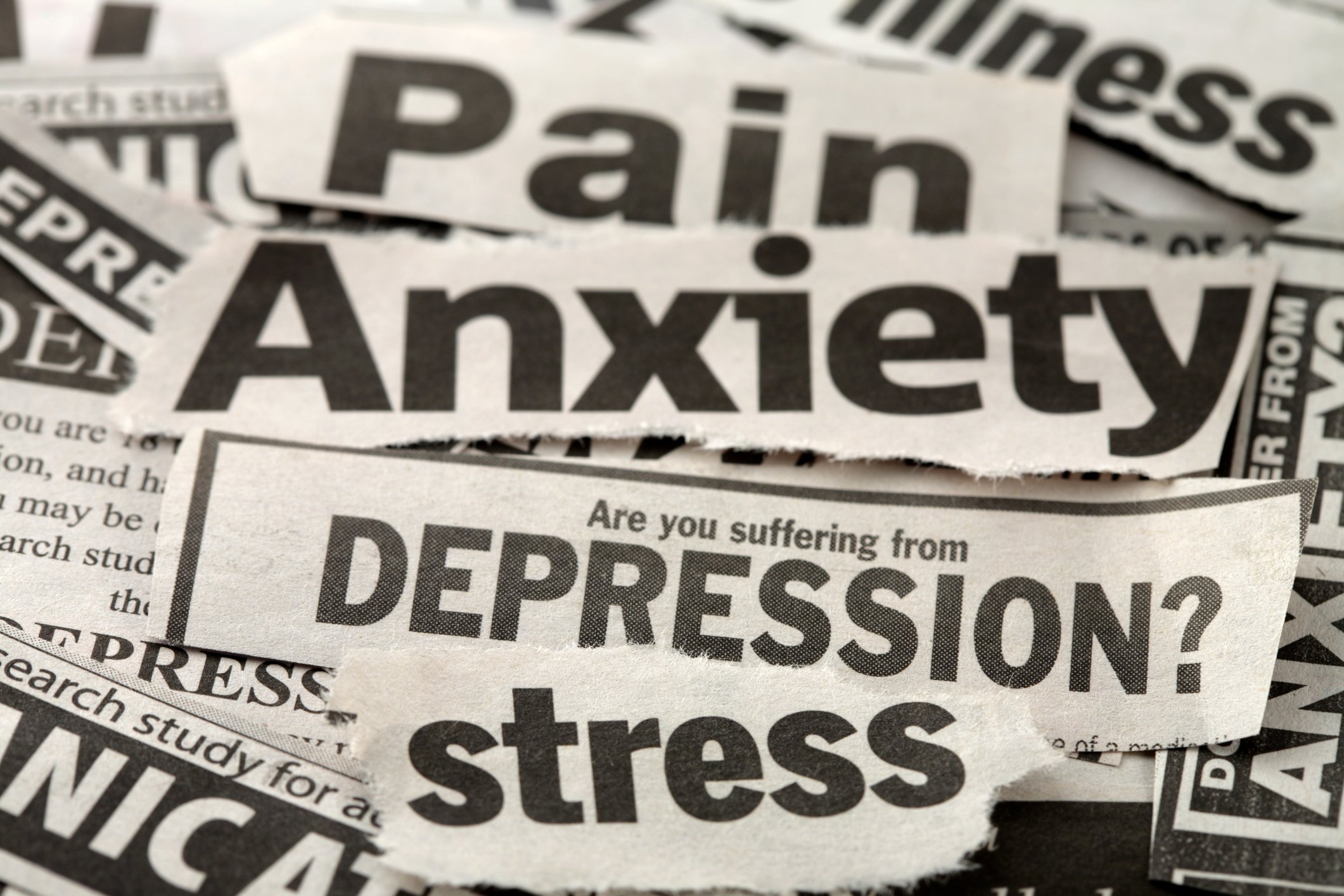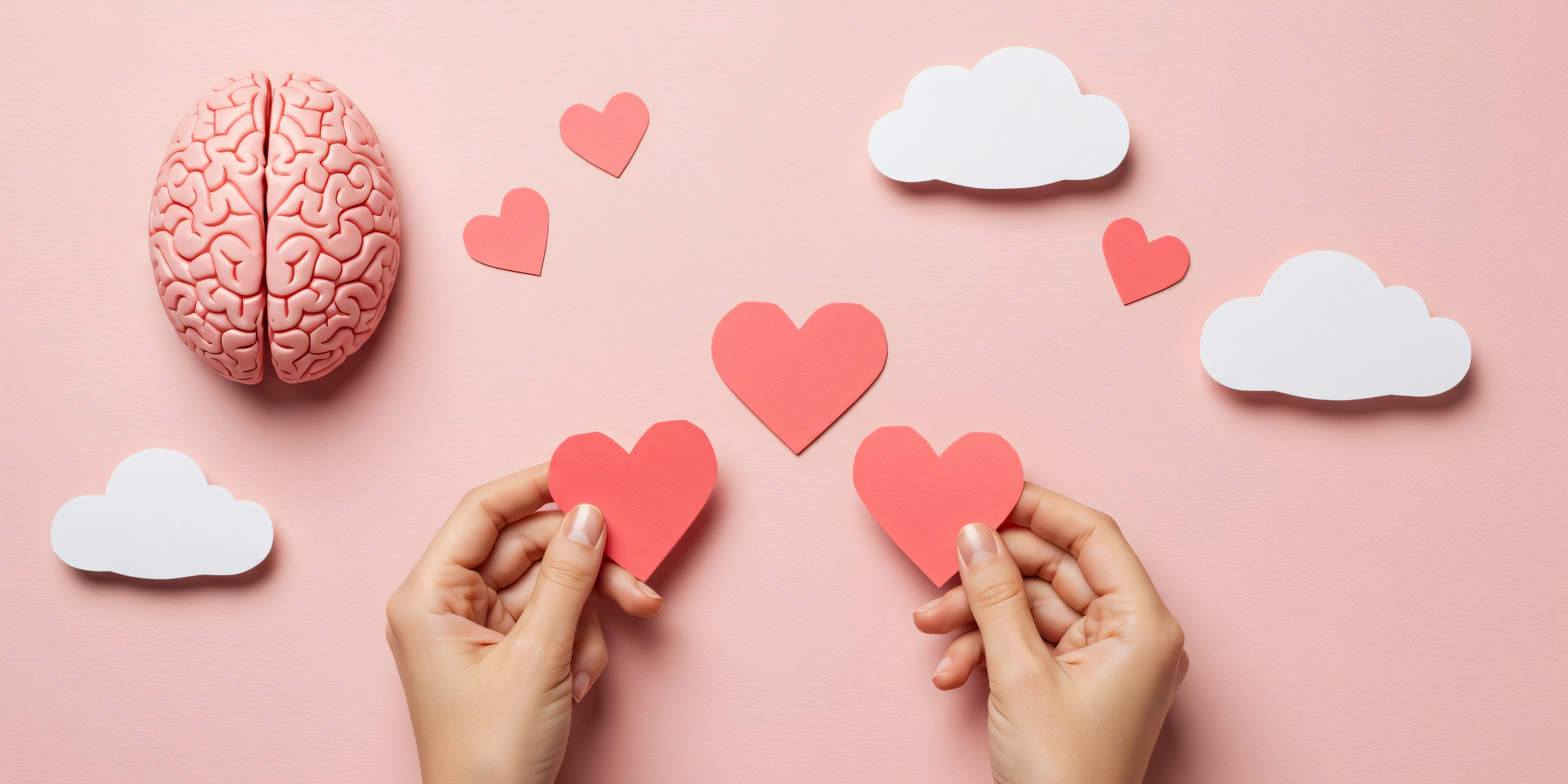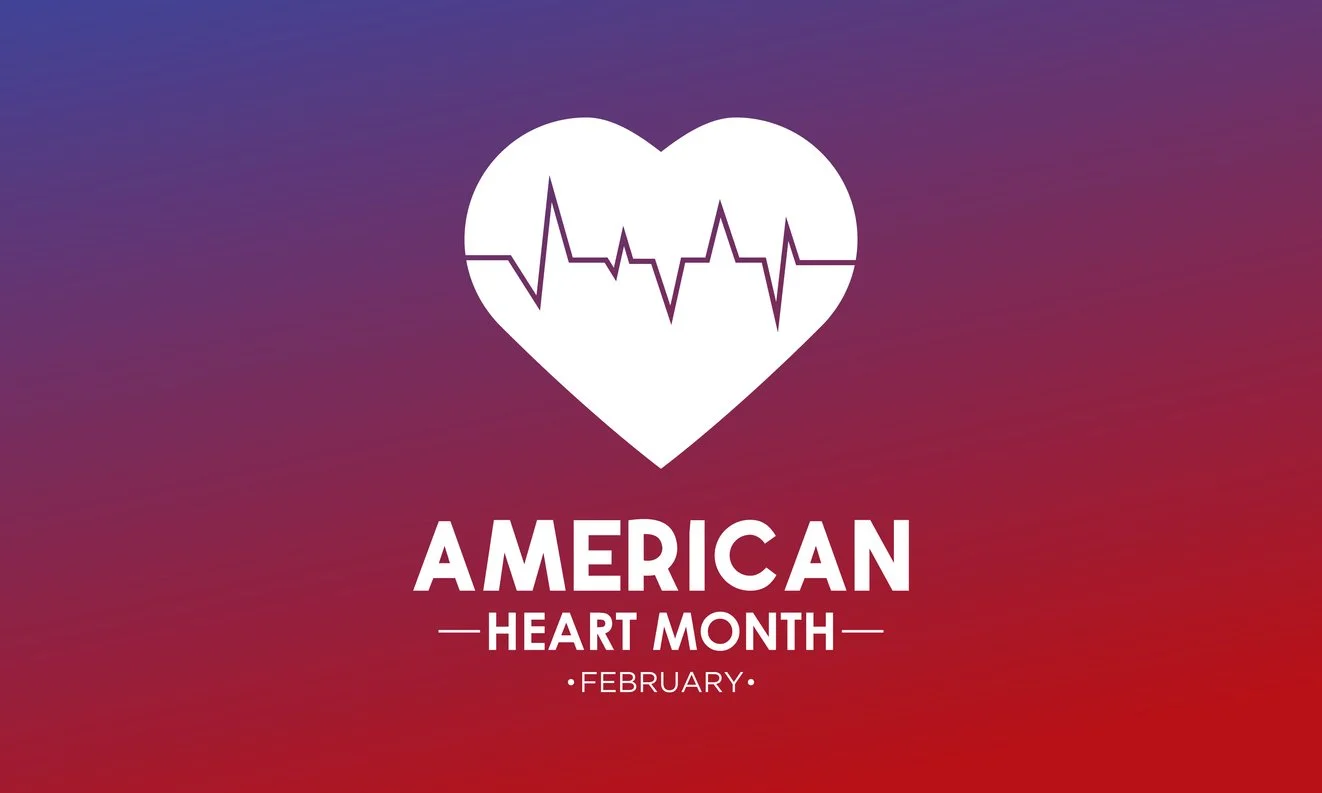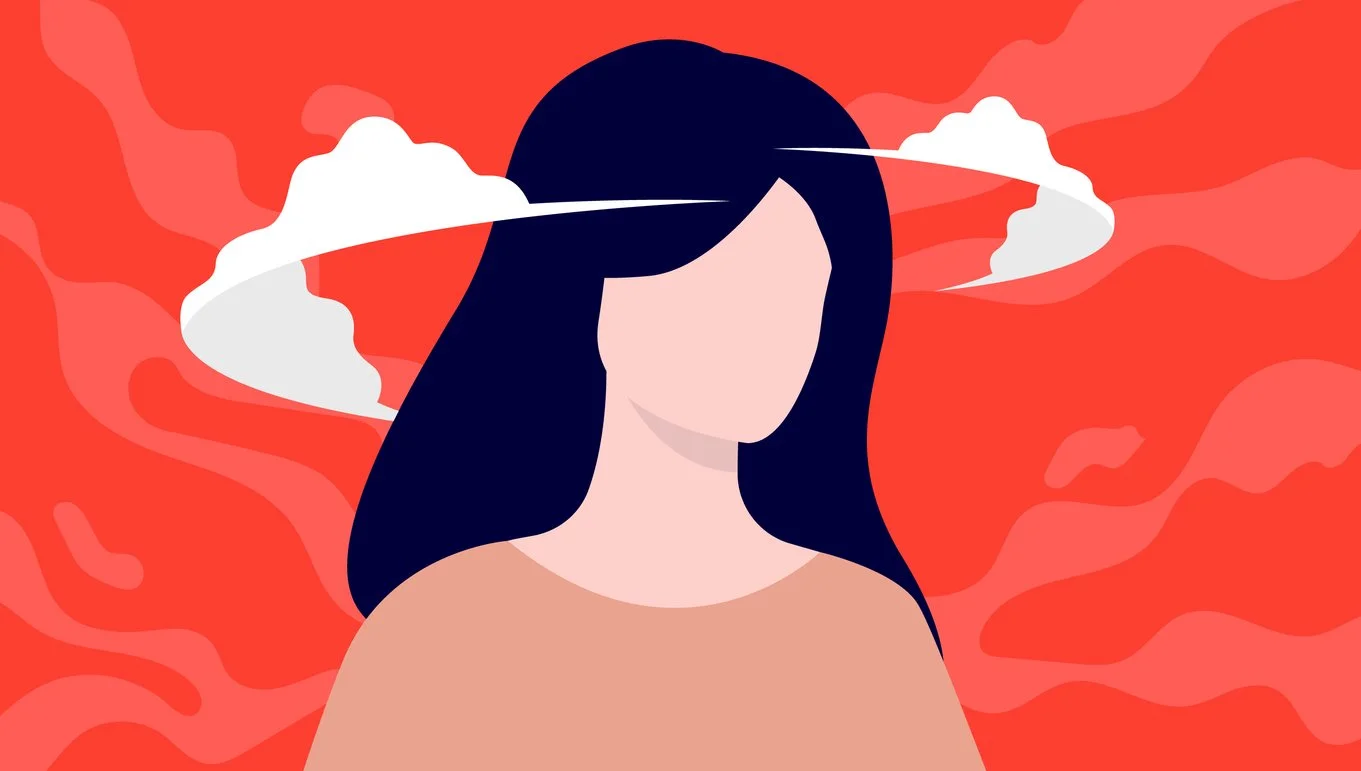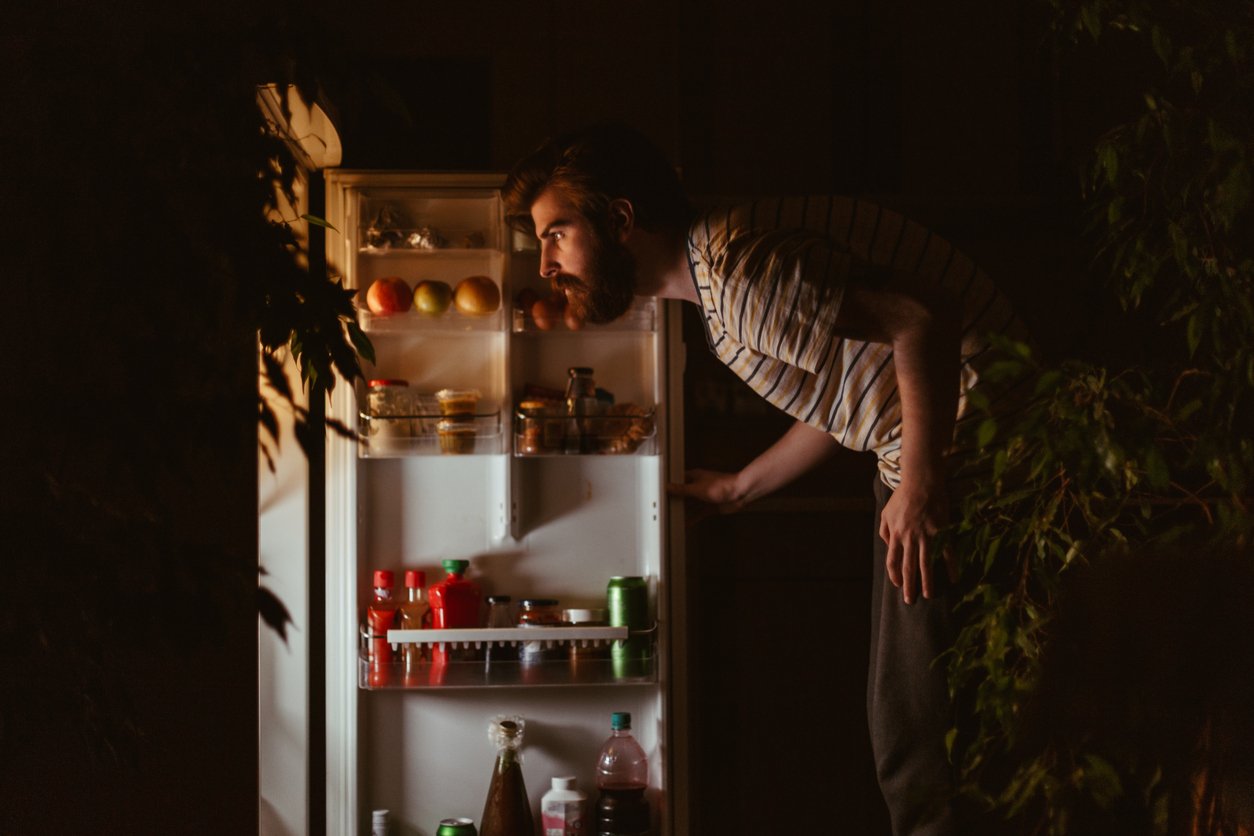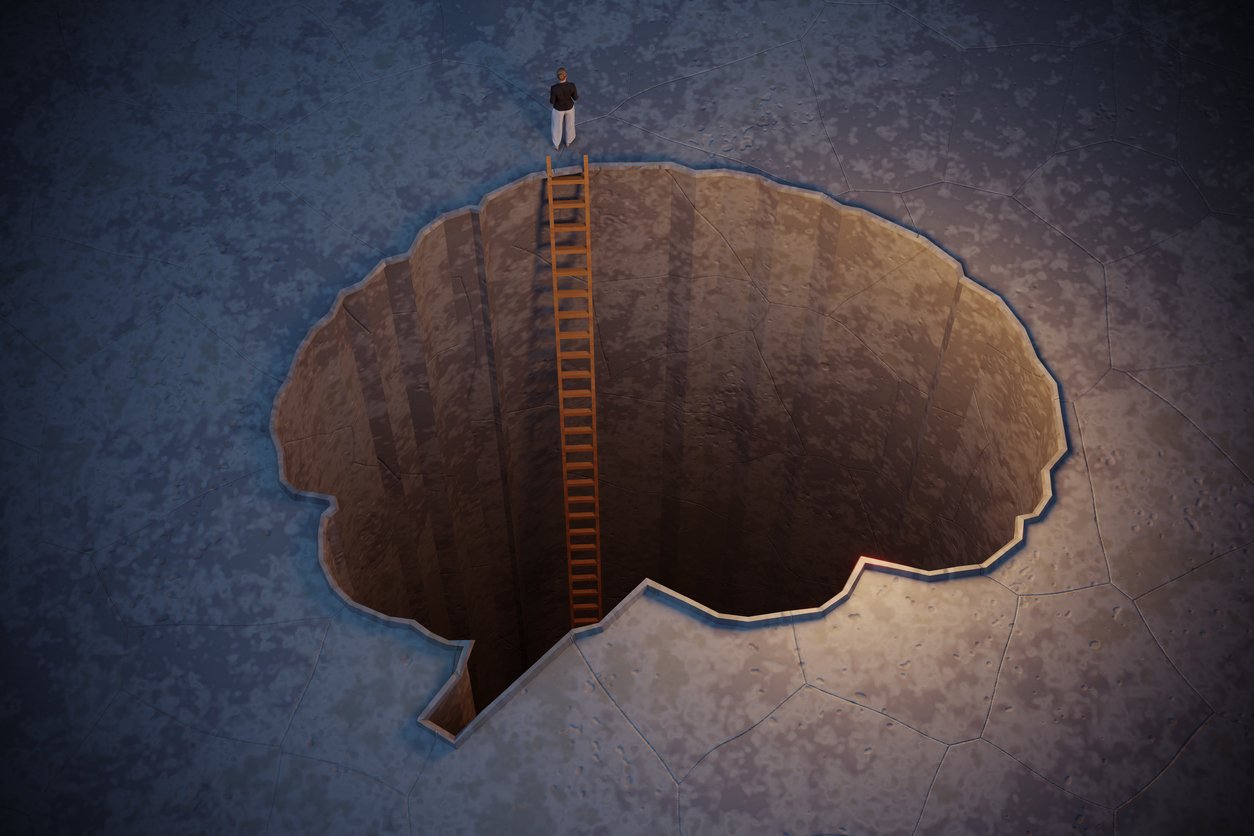
Alleviant Integrated Mental Health Blog
Developmental Disability Awareness Month: Inclusive Care for Neurodivergent Individuals
March is Developmental Disability Awareness Month, a time to celebrate neurodiversity, promote inclusion, and highlight the importance of accessible, supportive care for individuals with developmental and cognitive differences. Neurodivergent individuals, including those with autism, ADHD, learning differences, and other developmental conditions, bring unique strengths and perspectives to our communities. At the same time, they may face barriers to receiving mental health care that meets their needs.
Self-Injury Awareness Day: Reducing Shame and Opening the Conversation
Every year on March 1, Self-Injury Awareness Day gives us a chance to talk about something that is often hidden behind long sleeves, quick subject changes, and quiet suffering.
Self-injury is more common than many people realize. It affects teens, adults, parents, professionals, and people who otherwise seem to be doing “fine.” Yet shame keeps many from speaking up or seeking help. The truth is this: open, compassionate conversations about self-injury can save lives. At Alleviant, we believe healing begins when shame loses its grip.
Understanding the Link Between Anxiety, Control, and Eating Behaviors
Eating behaviors are often about more than hunger. For many people, the way they eat reflects a deeper connection to emotional states, stress, and anxiety. Understanding the relationship between anxiety, the need for control, and eating behaviors can help you or a loved one recognize patterns, reduce shame, and build healthier coping strategies.
Disordered Eating vs. Eating Disorders: Knowing the Signs
National Eating Disorders Awareness Week, February 23–March 1, 2026, is an important time to raise awareness about the ways eating behaviors can affect mental and physical health. Understanding the difference between disordered eating and clinically diagnosed eating disorders is essential for recognizing when to seek support and fostering compassion for yourself or loved ones.
Why Comparison Steals Joy and How to Stop Doing It
It is natural to notice how we measure up to others. Yet constantly comparing ourselves to friends, coworkers, social media influencers, or even strangers can quietly erode self-esteem, distort body image, and make self-love feel out of reach. Comparison steals joy because it shifts focus away from your own growth and worth, creating a cycle of judgment, self-criticism, and dissatisfaction.
Understanding the psychology behind comparison and practicing intentional self-awareness can help reclaim emotional wellbeing, build resilience, and foster authentic self-acceptance.
How to Communicate Needs Without Fear or Guilt
Healthy relationships thrive when everyone feels seen, heard, and respected. A key part of this is expressing your needs clearly and compassionately. Yet many people hesitate, fearing conflict, guilt, or rejection. Learning to communicate needs effectively is essential not just in romantic partnerships, but also in marriages, friendships, and family relationships. Expressing your needs builds trust, reduces misunderstandings, and strengthens connection across all areas of life.
Rebuilding Connection After Conflict: Nurturing Love and Understanding
February reminds us of love, partnership, and connection. Even the strongest relationships face conflict. Disagreements, misunderstandings, and hurt feelings are natural in shared life. What matters most is how couples respond and how they turn conflict into an opportunity to deepen intimacy, trust, and understanding.
Rebuilding connection after conflict requires intention, empathy, and practice. Using structured exercises, reflection, and small daily habits can help couples repair emotional bonds and strengthen their relationship.
Supporting Black Mental Health: Voices, Visibility, and Healing
Mental health is a fundamental part of wellbeing. For many in the Black community, emotional distress has been misunderstood, minimized, or left without effective support. Supporting Black mental health means listening deeply, honoring lived experience, and expanding access to culturally responsive healing rooted in respect, science, and community strengths. Healing is a human right and essential to overall health.
Acts of Love for Yourself: Mental Wellness Rituals for February
February is often associated with love and romance, but self-love is just as important as the love we give to others. Prioritizing your mental wellness through intentional acts of care can strengthen resilience, reduce stress, and help you feel more connected to yourself. This Valentine’s Day, consider celebrating the relationship you have with yourself.
Self-love does not mean indulgence or selfishness. It means showing kindness, respect, and attention to your own emotional, physical, and mental needs. Small, consistent rituals can build lasting mental wellness and reinforce your sense of worth.
How to Talk to Teens About Healthy Relationships and Emotional Boundaries
Teens are learning what it means to connect with others in meaningful ways. Healthy relationships and clear emotional boundaries are critical skills that support wellbeing, self-esteem, and resilience. Parents, guardians, educators, and mentors play a key role in guiding teens to recognize respect, communication, and consent as the foundations of all relationships.
Teen Dating Violence Awareness: Recognizing Signs and Supporting Safety
Teen dating relationships can teach communication, empathy, and emotional growth. However, not all relationships are healthy. Teen dating violence (TDV) affects young people across all backgrounds and can have lasting emotional, physical, and social consequences. Awareness, recognition, and safe support are essential for helping teens navigate relationships with confidence.
Self-Compassion as Heart Care: Healing from the Inside Out
When we think about heart health, we often focus on physical behaviors like diet, exercise, and medical screenings. While these remain important, research increasingly shows that how we relate to ourselves emotionally also plays a meaningful role in both mental and physical wellbeing. Self-compassion, or responding to yourself with kindness during difficulty, can support heart health from the inside out.
During American Heart Month, it’s worth highlighting that caring for your heart includes caring for the way you respond to stress and emotional pain.
Mental Health in America: Understanding the Decline
For the first time in over two decades, fewer than 30% of Americans describe their mental health as "excellent." This isn't just a statistic, it represents millions of people struggling with their emotional wellbeing. Just six years ago, before the COVID-19 pandemic, 43% of us felt confident about our mental health.¹ Today, that number has fallen to 29%.¹
The Heart Mind Connection: Managing Stress for Emotional and Physical Wellness
February is American Heart Month, a time to focus on heart health and overall wellbeing. While heart health is often discussed in terms of diet, exercise, and medical checkups, there is another important piece that is sometimes overlooked. Emotional health and stress play a powerful role in how the heart and body function every day.
The heart and mind are deeply connected. When stress becomes chronic, it affects not only how we feel emotionally, but also how our bodies respond physically. Understanding this connection can help you approach wellness in a more compassionate and sustainable way.
Honoring American Heart Month: The Role of Mental Health in Heart Health
February is American Heart Month, a time to raise awareness about cardiovascular health and prevention. While diet, exercise, and medical risk factors like cholesterol and blood pressure are often emphasized, there is another powerful driver of heart health that deserves equal attention: mental health.
A growing body of research shows that emotional wellbeing and cardiovascular health are deeply interconnected. Scientific evidence suggests that stress, anxiety, and depression do not just influence how we feel — they have measurable effects on the body that can increase the risk of heart disease and related conditions.
Brain Fog, Focus, and Resolutions: How ADHD Influences New Year Goals and What Helps
January often comes with a rush of motivation. New planners, fresh routines, big intentions to be more productive or finally feel on top of life. For some people, that energy feels exciting. For others, especially those living with ADHD, it can feel overwhelming before the year even begins.
If you have ADHD, setting goals may come with brain fog, distraction, or a sense that you are already behind. Tasks that seem simple for others can feel heavy or impossible. That does not mean you are unmotivated or failing. It means your brain works differently, and it deserves a different kind of support.
When Food and Mood Collide: Understanding Emotional Eating, Eating Disorders, and New Year Diet Culture
January often arrives with bright promises: resolutions to eat healthier, exercise more, or “start fresh” after the indulgences of the holidays. For many people, this focus on diet and self-discipline can be stressful, triggering, or even harmful, especially for those who struggle with emotional eating, disordered eating, or body-image concerns.
If you find that food has been a source of comfort, conflict, or anxiety, you are not alone. Understanding how mood and food interact, and approaching nutrition with self-compassion, can make a meaningful difference in your mental health and overall well-being.
Why Some Brains Need More Than Motivation: Understanding Treatment‑Resistant Depression
January is often filled with messages about motivation, fresh starts, and new beginnings. For many, setting goals and committing to change feels energizing. But for some individuals, particularly those struggling with treatment-resistant depression, willpower and positive thinking alone aren’t enough.
This condition can make the New Year feel heavier than it looks from the outside. Understanding what treatment-resistant depression is, why traditional approaches sometimes fall short, and the options available today can provide clarity, hope, and a path forward.
When Willpower Isn’t Enough: Understanding the Mental Health Side of Lifestyle Changes
Every January, many of us set intentions to improve our physical health. We resolve to exercise more, eat healthier, lose weight, or quit substances. But even the most well-intentioned plans can feel emotionally exhausting, and progress often stalls. That doesn’t mean you lack discipline. More often, it means that the emotional and mental aspects of change are being overlooked.
How to Support a Loved One Who Is Struggling Right Now
January can be a difficult month for many people. The holidays are over, winter is in full swing, and the start of a new year can bring pressure, exhaustion, or feelings of isolation. For some, these factors can trigger or worsen depression symptoms, leaving them quietly struggling. If someone you care about seems “off,” you may be unsure how to help. Knowing what to look for and how to respond can make a meaningful difference.

